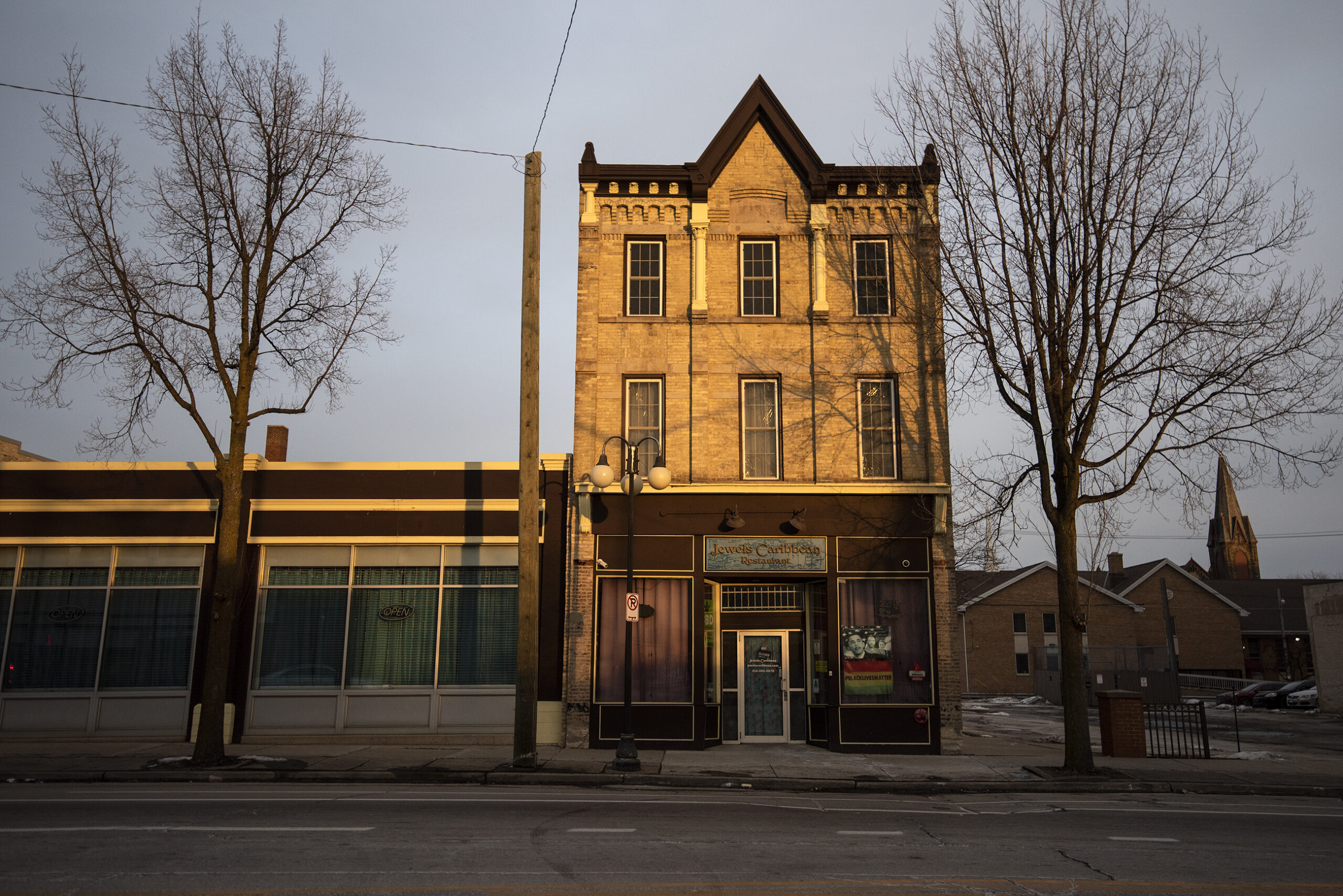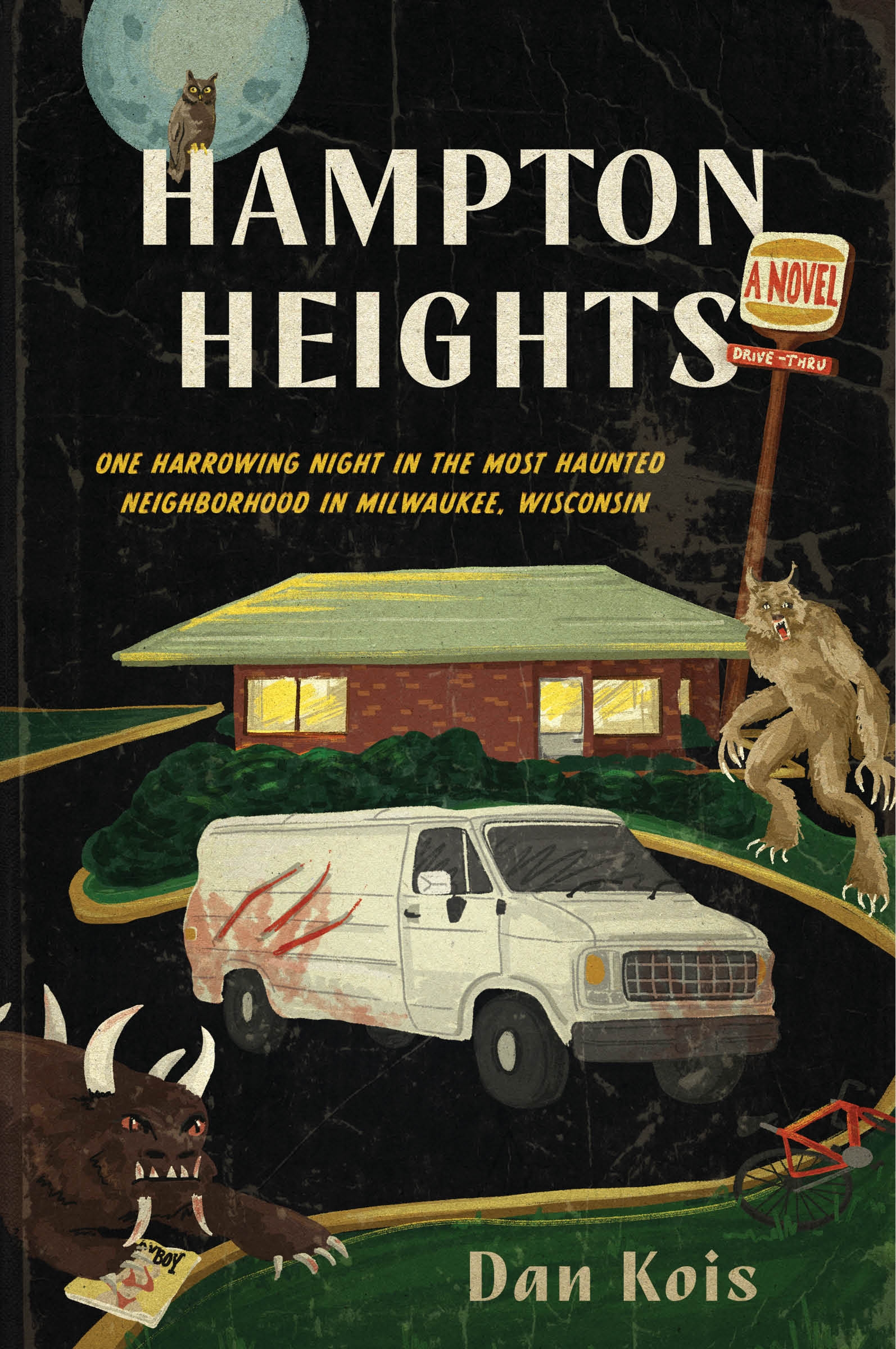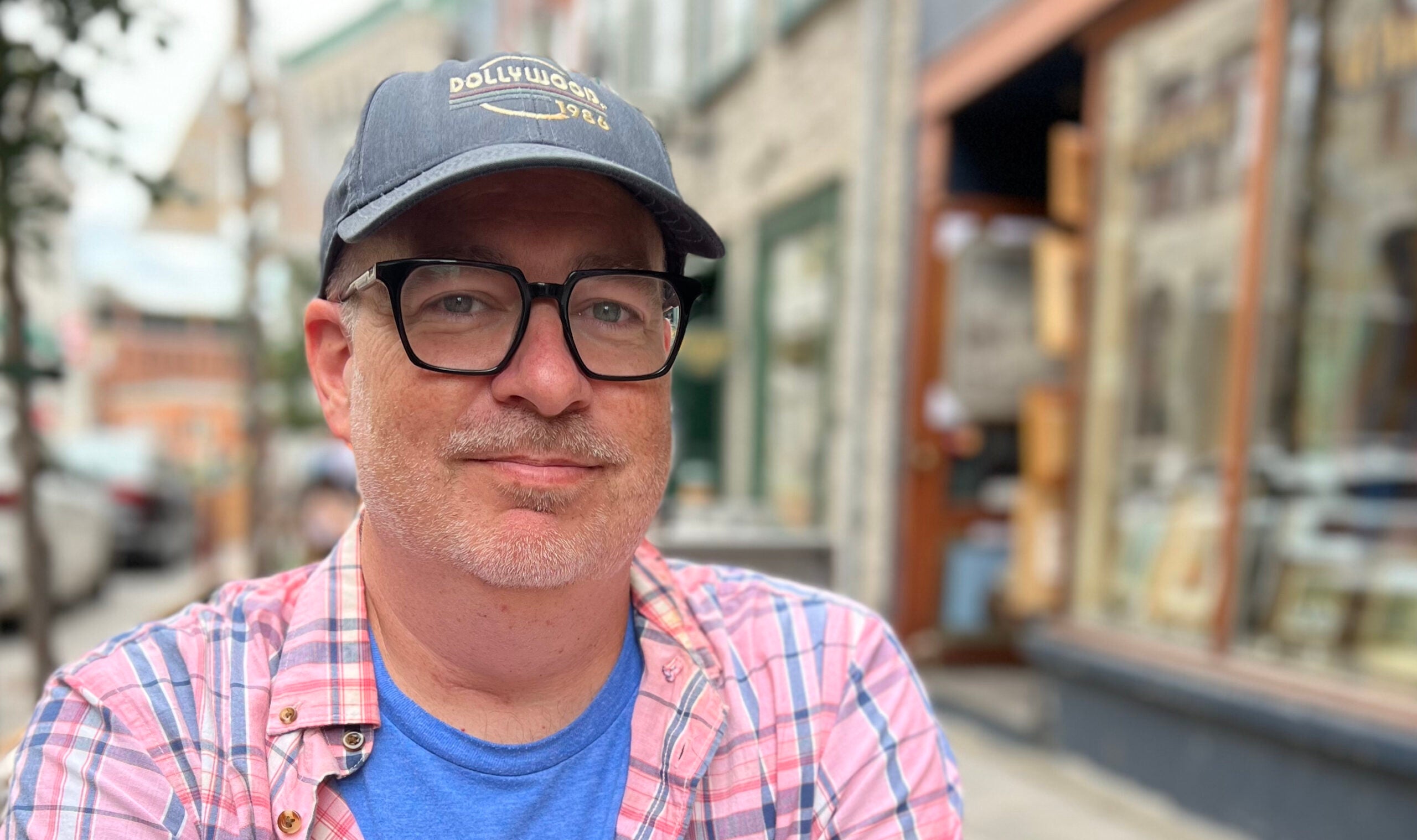Imagine that you are a 12-year-old Milwaukee Sentinel paperboy wandering through an unknown Milwaukee neighborhood on a cold Wisconsin winter evening in 1987.
Dan Kois has been there. It made such an impression on him that he’s written a frightening and funny novel all about it.
The book is called, “Hampton Heights: One Harrowing Night in the Most Haunted Neighborhood in Milwaukee, Wisconsin.” Kois sat down with WPR’s “BETA” to talk about writing the book, and living through the events that inspired the book.
The six paperboys are very vivid characters. Sigmon is bussed to a white school. He is paired with Joel, a white kid who idolizes Black culture. It’s a night that they will wish they had never remembered.
During their travels, the three pairs of paperboys come up against werewolves, witches and an ancient monster whose diet consists of memories. And of course we can’t forget the hodag — that prehistoric, fur-bearing, lizardesque creature that inhabits the pine forests, glacial lakes and wetlands of Northern Wisconsin.
Stay informed on the latest news
Sign up for WPR’s email newsletter.
The following interview has been edited for clarity and brevity.
Dan Kois: Hampton Heights is a working-class neighborhood on the northwest side of Milwaukee. In the ’80s, the sort of old world population that had first settled it in the 1800s, the Scandinavian and German population was starting to die off and to move out.
And a new population of middle-class and working-class Black residents who had moved out of the Black neighborhoods of Milwaukee, like Bronzeville that were bulldozed in the ’50s and ’60s, were starting to move in and take advantage of the factory jobs in that part of town. But at the same time, the factories were closing.
Hampton Heights in particular endured a couple of big factory closing in the ’80s that also transformed the neighborhood. So I wanted a neighborhood that was caught between the old world and the new because I wanted to populate it with monsters. And I wanted those monsters to represent both Old World and the new.

Doug Gordon: Very well said. Thank you for that. I want you to tell us the premise of what happens in the early part of “Hampton Heights,” because it’s a real life experience that you actually had.
DK: So “Hampton Heights” is the story of six middle school paper boys in 1987 who live around the east side and in Harambee and Milwaukee. They’re all taken out in a van by their stupid manager, Kevin, to sell Milwaukee Sentinel subscriptions in a neighborhood chosen randomly, in this case Hampton Heights. They are set loose on the streets in pairs.
They’re told to sell as many subscriptions as they can. Whoever sells the most gets 20 bucks, and when it’s all over, they all get to go to Burger King.
They do try to sell these subscriptions, but they also discover that they have been inadvertently dropped into Milwaukee’s most haunted neighborhood. And each pair of boys, as well as their stupid manager, Kevin, will have to encounter and overcome certain supernatural creatures.
“I love making sure everyone knows before they start this book that at the end of the book, the kids are fine and they go to Burger King.”
Dan Kois
I did have an experience similar to this, though without the supernatural creatures. So when I was 12, I might as well have met witches and trolls and werewolves and vampires. I was also a Milwaukee Sentinel paperboy when I was growing up. It was my first job.
And our manager would also drive us in a horrible white van to some random neighborhood in Milwaukee thrown out on the streets and be like, “See you in two hours.” At the time, it was the most unusual and disconcerting experience I’d ever had. I was a very sheltered kid. I was sheltered even maybe by the standards of 1980s kids. I had no connection to the outside world. There was no such thing as the Internet. But even beyond that, I barely knew what was going on outside my block. That was my whole world.
And so to be dropped in this totally different neighborhood, a different neighborhood each time, without really any idea even of where I was in Milwaukee was a very unusual experience. And I wanted to reflect how unusual it was and heighten it for an adult reader in the year 2024 by adding a lot of monsters.

DG: You have said that as you were writing “Hampton Heights,” you started thinking of it as gentle horror. How so?
DK: I love making sure everyone knows before they start this book that at the end of the book, the kids are fine and they go to Burger King. That’s important to me.
Part of it is because I’m a parent. And as happens with many parents — though not all — the instant I had kids, I immediately lost all taste for any story in which a kid dies. That makes such stories radioactive as far as I’m concerned.
But also, I liked the idea of a story in which the kids are in peril in some way and they face challenges.
But what you’re going through as a reader is not the kind of prototypical horror experience of waiting for the author to punish them in some unique, shocking, surprising or delightful way. That is a real pleasure that good, terrifying horror can offer.
I wanted the sort of unbelievable creativity in this book to come out of the ways that kids find to escape these experiences, that the innovation and ingenuity that they show are in growing up over the course of this night to becoming the kinds of kids who can get out of circumstances like this.
And so it was important to me to always sort of give off the vibe in the book that whatever happens, these kids are going to make it through and they’re not going to suffer too badly. Now, adults might be fair game. Sorry to their manager, Kevin. You never know what’s going to happen to that guy. But the kids are going to get their burgers.





